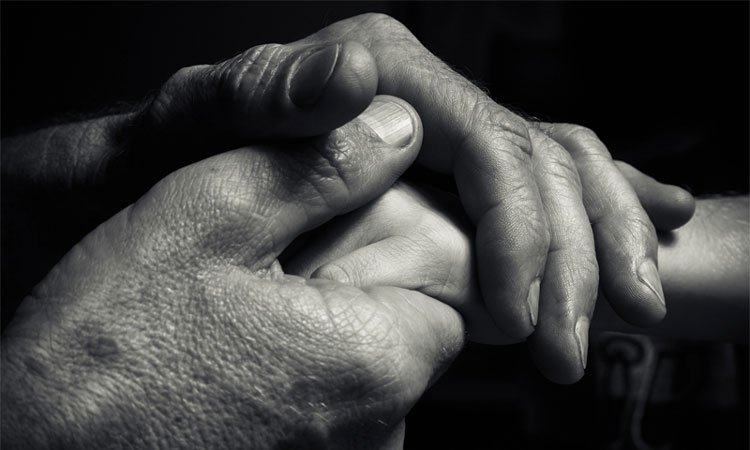I was watching an interview last Sunday, and the guest was asked, “What’s the greatest need in the world today?” Without hesitation, he responded, “Empathy. The world needs more empathy.”
I probably would have responded, without thinking, that the world needs more love. But I liked his answer. It was much more specific to say that the world needs more empathy.
Empathy is putting yourself in someone else’s shoes. Empathy is giving someone the benefit of the doubt. Empathy is realizing that everyone has their story. Empathy helps us to listen more and advise less. Empathy helps us to strive for understanding and eschew judgment.
Then I remembered another friend I had gotten to know named Judy. When I first saw her in my neighborhood, I tried to be friendly. She barely responded or spoke to me. After months of trying to interact with her, she finally talked with me and explained that she had severe back problems, and walking was so painful she could hardly speak. After her surgery and recovery, we have come to be good friends. She taught me not to make judgments about people. They are often going through things we could not even imagine. Judy taught me a good lesson about empathy.
In today’s world, in which people are quick to comment and judge situations that are flashed across their computers, we need more empathy. When it is common to condemn, bully, and badmouth people we do not take time to understand, we need more empathy. When we allow fear to build walls between us, we need more empathy. If we want to allow Jesus to have more control in our lives and in our thoughts, we need more empathy.
Rejoice with those who rejoice, weep with those who weep.—Romans 12:15 ESV
Remember those in prison as if you were together with them in prison, and those who are mistreated as if you yourselves were suffering.—Hebrews 13:3 NIV
Resolve to be tender with the young, compassionate with the aged, sympathetic with the striving, and tolerant of the weak and the wrong. Sometime in life you will have been all of these.―Lloyd Shearer (1916–2001)
Whenever you are about to find fault with someone, ask yourself the following question: What fault of mine most nearly resembles the one I am about to criticize?―Marcus Aurelius (121–180)
